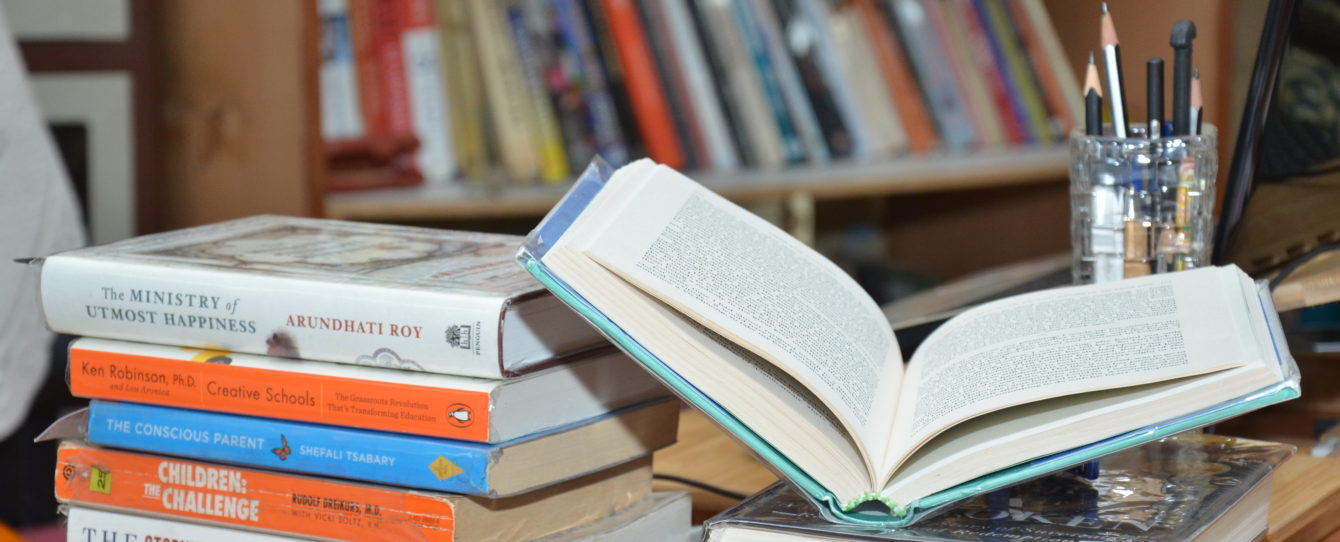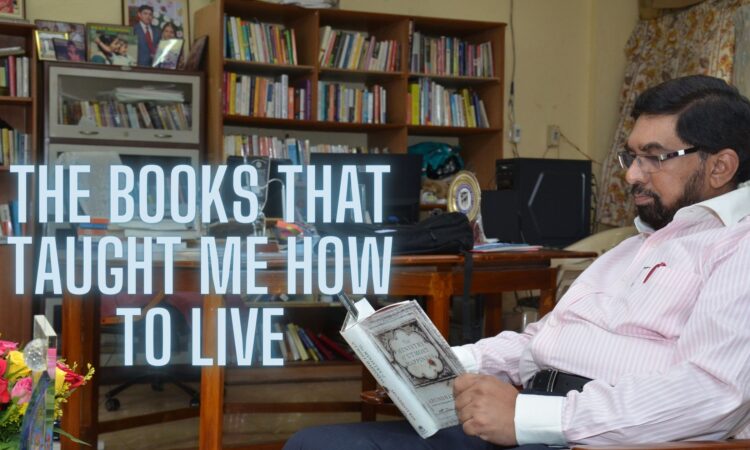(I can speak about two guiding principles I have gained from three books, which helped me to bargain a better way to get past the void I always believed I was trapped in: the source of my many insecure undertones. A brief narration of what I have learned from them.)
Vexations of loan repayments, the shock value it cuts through, and imagine how it grabs you unawares; invade your reasoning flair, and nothing gets done to keep you calm and rewarding. You feel damned if the jitters jolt early in the morning when you are still in dream thinking, “I’ll enjoy a fine day.”
Let me speak about my situation; the urgency of unpaid debts weighed on me for years and tires me a lot to conclude that money matters aren’t favoring these days. I find these mortgage matters choking, wearing me out fast, unable to put up with the awful daily knots.
Because of which I suffered spells of psychological sourness that I couldn’t manage the emotive punch of it, no matter how much I push myself that it’s my sole responsibility to confront the bargain. It’s something to do with the bankers and the huge dues I’m expected to pay. I wouldn’t deny it. But I hold an impression that for every demand, for every obligation, the people in positions should apply a time and a rule for every liability. I assume making inquiries even before the day breaks amounts to rudeness. Caught in such taxing red flags, my esteem nosedives and my self-respect whacked, and Ego takes a hit.
As if personal sentiments were just ephemeral, ignoring norms for politeness, my phone rings; I understand it’s from bank officials, like a cry of doom, loudly, menacingly, and guilty. “Now I have to pool the monies for the upcoming installment dues, at any cost,” I remind myself, eying at the phone with a gulp of worry. I ignore the call.
Somehow I was raised clothed in a thin layer of tolerance for anxiety of any pitch; even mild tensions rattle me a lot; I assume I don’t have the emotional wherewithal to sit, listen, and settle the issues. But, I trifle, who negotiates for me, I have yet to find a person right.
Thus my self-esteem was seen battered every day, like a gravity doll in a shop playfully knocked by a naughty kid who passes by.
Any tiresome thoughts involving money matters – they were many to deal with, reduced me to a sapless twig and gloom squeezed in the eyes, I tell myself, “What a pathetic character I’m. “Can’t I hold off even minor tensions, the simple concerns of business demands,” No, slaps an answer; I fall back into empty helplessness that I’m found nurturing all the time. After my dad’s untimely demise, I confronted fatigued aftermath; having got all my affairs confused, I couldn’t step out with decisive air to deal with any thorny matters head-on. It felt like living and moving on crutches with an unfailing expression like a person watching a horror movie.
Ashamed to announce the weak-willed facet to my wife, mentally not so robust enough to fight it alone; this low self-esteem mindset, frequent bouts of negative leanings crippled my efficiency, I lost the flair to relish my family and work; further, the affinity with my wife had lost its warmth. Strangely, even I ignored the fact I need to care for the two grown-up children.
Despite everything, hope floats and twirls around; somewhere, my bold enough shadows ride out, beating the chest as if demanding, I shouldn’t let my optimism wither, don’t to give up that quickly.
As years briefed me, I found nature has its tinkering mechanism in place: it disentangles, untwists some wrongs endured by its imperfect souls. Our bumpy course of life gives us a long rope of hope to repair ourselves with proper amends.
I don’t think it was by chance my dad’s keen attributes had inspired me that saw that books and teaching entered my life. Until then, I behaved like a fickly young adult; I’m sure I wasn’t even acting dutifully in assisting my dad’s school. I was flippant, drifting like an invalid stump in flood, with no pretensions of any resolve to gain an identity. Then, perhaps intuitively, I have taken to heart the two endearing aspects: stepping into a classroom and teaching and getting into the world of books. Both the habits, like a tall lighthouse, guided me thereafter.
I was then barely thirtyish and mourning; I lost my father by then. Eventually, I became mindful of the evangelical twin habits and its heuristic effect on me, enjoying the sunshine; living seemed easy with fiction and classics in my lap. Today, three decades later, I’m retired and rested.
In retrospect, in the years that followed, I can speak about two guiding principles I have gained from these three books, which helped me to bargain a better way to get past the void I always believed I was trapped in: the source of many my insecure undertones.
They introduced me to a set of values, a new realm I hadn’t known before that sat on pupils in my eyes, where I started looking for solutions with focus and bold perspective. I saw these morals as a form of prayer. When I was facing a track of the critical situation, I speak to myself to stay quiet for a while; let the guiding reflections step in and stay close to my nerves and courage, project a bolder version I have to be, reorient my thoughts, ignite the right intentions to face the challenges. I firmly believed that the well-read tomes of virtues lifted me from self-imposed tyranny and set me down on a self-assertive pathway.
The instructive lines that gave me hope:
“If what you are doing isn’t working, do something. Do anything else.”
(From the book: “NLP, the New Technology of Achievement” by Steve Andreas and Charles Faulkner.)
I suffer from a foolish debility. I never see directly in the eye of any looming crisis; whatever the intensity it spews forth, I shake it off as if it’s not me to fix the damage. I let the predicament batter me for a short time. An hour or two later, I realize my dumbness’s futility and then my mind rising to resolve: let me look at the issue once. Suddenly I see a gut reaction, a series of vibes course through the bones, granting me a feeling: I’m good, I feel it right, and I’m. I welcome the change first, breathe deeply and chant the promised mantras internally, solemnly, and fire up: “Do something, do anything, do whatever it takes until the issue resolves.” What I needed was a bit of aggressiveness, a bit of myself shoving myself. Slowly I have learned never to shy away from facing awkward issues, and from then on, I have seen many problems melted with less effort than I have grotesquely imagined.
I have built logical lines of rationality, unshakable faith in myself, hailed from what I have read rightly in books: be unwavering, stay close to your confidence, keep alive the faith in your integrity. Trust them to guide you through scaling down your problems. I accepted the rules of conduct as the spirits in print, nudging you to try a little harder, braver.
For every problem, whatever the gigantic dimensions it rolls out, the solution lies hidden in many places, mostly all within us. The best we have to do is to adopt the right dart and shoot solve it down before they camouflage us with imaginary illusions!
My relationship with my wife had been strong and dependable in all the right ways. She was an avalanche of luck and kept pouring good fortune and vibrancy into our family; the amenable epitome who led our two children and me as a foot soldier, keeping us safe and comfortable, and got associated with managing our family-owned educational institution. She stayed as an excellent captain of the family; I enjoyed the bliss of marital and professional life for thirty-four years until fate’s crooked paws dragged her off from Earth. She was fifty then.
Despite all the good things, I saw myself as a nervous wreck. It took me a long time to learn that my bones lacked courage.
But I found ways of surviving, seeking happiness devices, plans to call for peacefulness; it’s tough, it involves much psychological re-scripting.
People duped me, bankers intimidated me, and friends abandoned me, loan sharks threatened me, relatives taunted me. One gentleman noting my struggles from the margins once startled me with a freakish question.
“Bearing all these terrible affairs, what is preventing you not to commit suicide?”
I stoically keep myself for myself, reflecting, “People seem entitled to their devious conclusions; frame their opinions, which suit their willful fascination of other’s affairs.” I know well, ‘Of their whims I have no control.’
Here again, the insight of sages and their monumental works come to my rescue; It’s like I peep down into a well, and where I recognize a spring of books, and I pitcher a few insightful ripples among the pages.
Let me familiarize the other two books:
“Man’s Search for Meaning” by Viktor E. Frankl and “The Seven Habits of Highly Effective People” by Stephen R. Covey.
Dr.Frankl, the author of the book, was a Jew and a holocaust survivor who, during the most degrading circumstances, said yes to life despite its tragic aspects. What he describes his self-awareness as “a tragic optimism?” He speaks about optimism in the face of tragedy, the human potential at its best that allows us a choice turning suffering into achievement and accomplishment.
In his book, Stephen R. Covey has encapsulated this philosophy of Dr.Frankl as a workable doctrine. “Dr. Frankl could decide within himself how all the suffering around was going to affect him. Between what happened to him, or the stimulus and his response to it, or power to choose that response; which he believed as the fundamental surviving principle, a human endowment and the heroic nature of man,”.
The truth I have realized was, “Between stimulus and response, man has the freedom to choose” the words and doctrine proved a more vital role model when stuck in conflicting matters, where I couldn’t think clearly and restrained to take a bold stand. Sometimes it matters a lot to pause, go along with patience and calmness, to find better options, which helps to eventual success: no pointless arguments and rash decisions.
The evil grip of Ego never holds me hostage; I became good at viewing at better choices, wait humbly with a quiet heart to calculate the rights and wrongs, gauge the provable outcomes, and to rein in my tactless fiery temper and make sure it doesn’t damage the day. I hold my quick-tempered efforts until a strong sense prevails that what I get as a pay-off I will enjoy, and it rescued me from further trouble. I loved this technique that served as a pause button, a hand break upon my surging emotions in times of panic, the way we see a frantic mother pulling back a kid from an unsafe feat.

